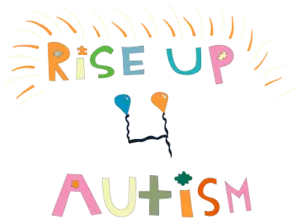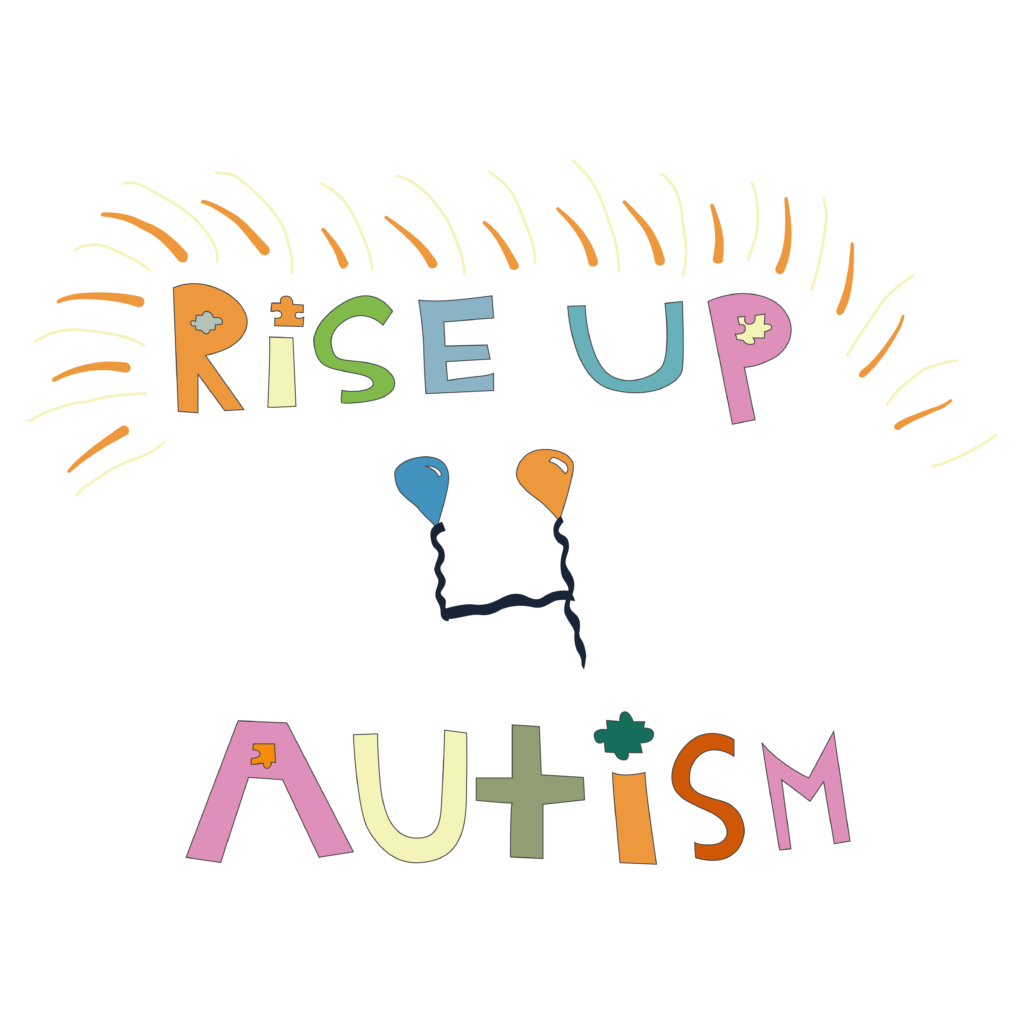
ABA Autism Therapy Services in Aurora, IL
What Is (ABA) Applied Behavior Analysis?
ABA therapy is an evidence-based approach that recognizes how people learn so challenging behaviors with social significance can be addressed. The Therapy encourages positive behaviors and results using positive reinforcement.
At Rise Up For Autism, ABA therapy is facilitated by a team of professional Board Certified Behavior Analysts (BCBAs) or Registered Behavior Technicians (RBTs). Some strategies used in ABA include positive reinforcement, modeling, and shaping. Therapy is typically done one-on-one, but it can also be implemented in age-appropriate groups or with the whole family.

Benefits Of ABA Autism Therapy
Some benefits of ABA therapy for children with autism include:
1. Basic Functional Skills
One of the most important things about being a kid is learning all the basic skills needed for success in everyday life. Most people don’t think twice about getting dressed, talking to other people, or taking notes, but children with autism may find these things hard. Some important functional skills include:
- Using the bathroom
- Getting dressed
- Holding things like pencils and scissors
- Movement skills
- Play skills
- Communication skills
Kids with autism can sometimes find it harder to learn these necessary skills. Through ABA therapy, clinicians will help you figure out what motivates your child in order for them to learn and grow these skillsets.
2. Socialization
Children with autism may have different communication strengths and weaknesses and may need to improve certain social skills. One of the many benefits of ABA therapy is that it can use behavioral interventions to help people learn how to interact with their peers.
ABA therapy also helps people learn and grow in groups, improving social skills. If children with autism are learning with other kids, socializing can help them better understand others’ ideas and feelings.
3. Helping Parents
It can be difficult to navigate your child’s autism diagnosis, especially ensuring your child has the skills they need to succeed. An important facet of ABA is parent training. During parent training, BCBAs will provide information on your child’s therapy plan and goals, and give you the tools needed to help your child when they are not in therapy.

How Does ABA Therapy Work?
Our therapists can work with your child one-on-one or in a group setting with other clients and therapists. ABA therapy is tailored to fit the needs and goals of each child, and as goals are reached and achieved, they may change. Some strategies that are implemented during therapy sessions are:
- Positive reinforcement: Rewarding a child’s good behavior with something they like to do or eat
- Modeling: Observing and copying specific behaviors such as pointing or waving
- Shaping: Reinforcing small steps toward the desired behavior or goal
At Rise Up For Autism, ABA therapy can help with developing a lot of different skills such as communication, play skills, or functional living skills at the center or in-home. Our goal is to help your child learn both independently and in group settings.
About Rise Up For Autism
We want to help families navigate autism by offering ABA therapy, Social Skills Groups, Parent Support Groups, and Potty Training. We want every child with ASD reach his or her full potential by giving them a chance to learn, socialize, and grow while having fun!
Our hard-working, passionate team knows that no two people with autism are the same. We adapt the most advanced ABA autism therapy to the needs of your child.
Rise Up For Autism offers ABA Therapy. You can view our center and see areas we serve by visiting our website. You can also read our Frequently Asked Questions or Contact us at (630) 300-3444.
Rise Up For Autism Offers The Following Services:
Frequently Asked Questions
While many therapies are used to treat people with autism. It is widely regarded as the gold standard. It has a high success rate in assisting those on the autism spectrum to gain more independence, improve communication and socialization skills, and reduce negative behaviors.
Many children improve after a few months, but each child is unique, and this therapy can last up to three years.
People of all ages can benefit from ABA, but it is best to begin as early as possible. When most children begin ABA treatment, they are between the ages of 2 and 6.
Cerebral Palsy, Epilepsy, Autism, Down Syndrome, Intellectual Disability, and other disabling conditions similar to or requiring similar treatment are all qualifying conditions. 49 Regional centers are required by the Lanterman Act to provide evaluation, assessment, and service coordination.
According to the practice guidelines of the Council of Autism Service Providers, children under the age of three with an ASD diagnosis have the best outcomes with 25-30 hours of therapy per week, and children approaching the age of three have the best outcomes with 30 or more hours of therapy per week.
ABA therapy sessions will last 2 to 5 hours, depending on the needs of the child and the treatment objectives you and your Board Certified Behavior Analyst (BCBA) have developed together. This means they may need up to 40 hours of the therapy per week.
You provide context for the behavior. Make a strategy. You describe your child’s preferred method of learning. You contribute to treatment goals and explain how interventions can improve your family’s quality of life.
1-Cognitive Behavioral Therapy (CBT), 2-Floortime Therapy, 3-Music Therapy, 4-Play Therapy, 5- Relationship Development Intervention (RDI), and 6-Group for Social Skills

